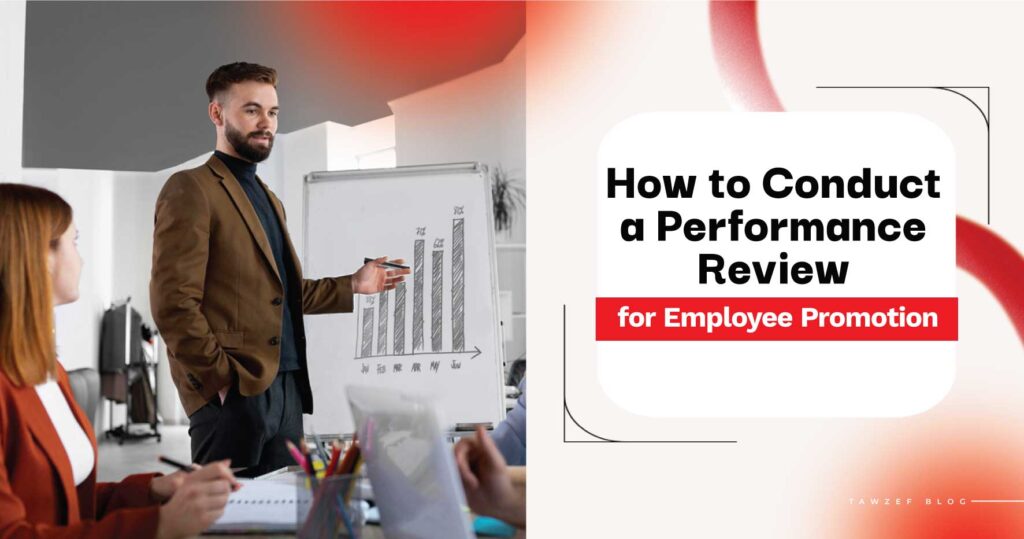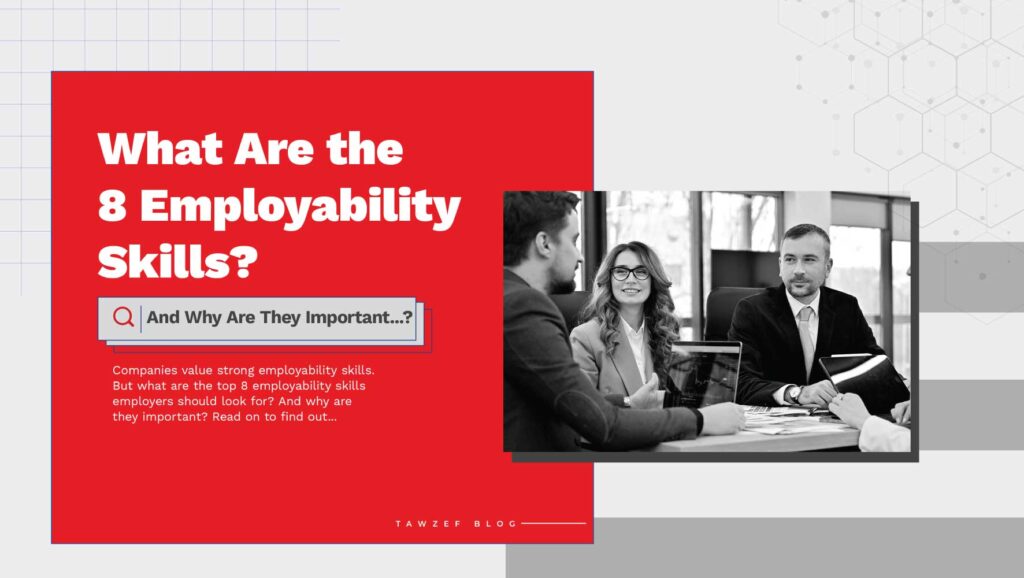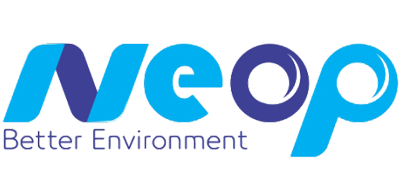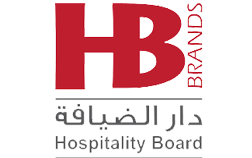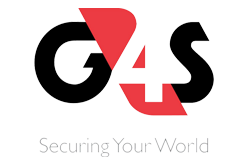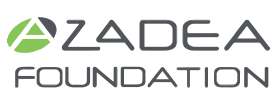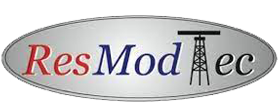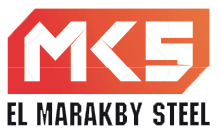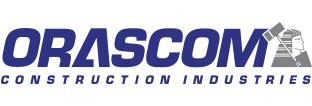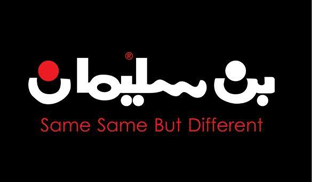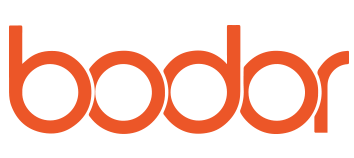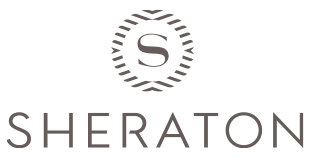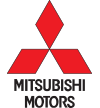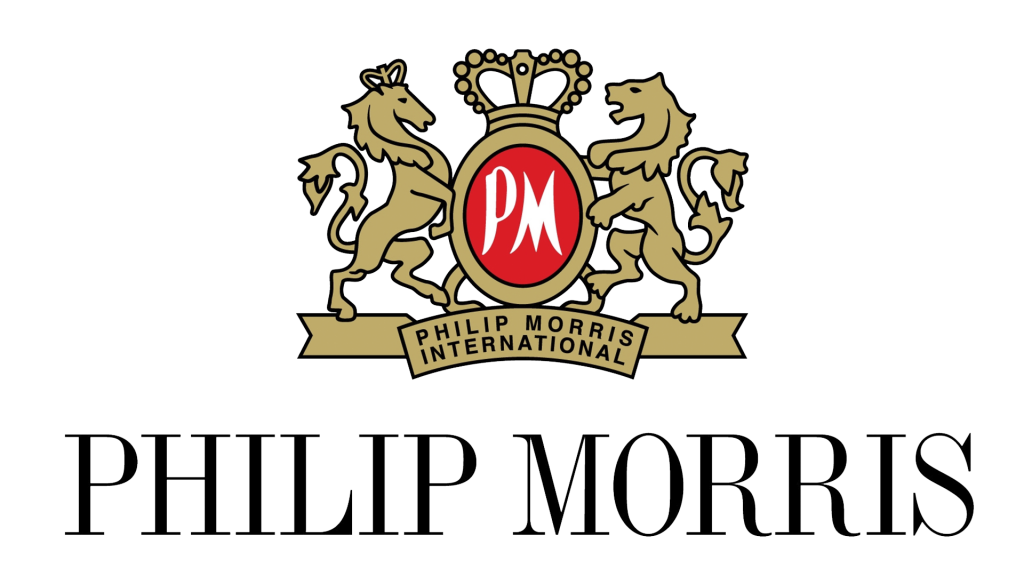Many businesses don’t consider this but there’s a cost companies incur when they make bad hiring decisions or hire the wrong candidates. But a bad hire doesn’t necessarily come from a bad hiring decision. It can simply be the result of a hiring mistake.
Today’s fast-paced job market makes it harder for employers to find the right candidates. It pushes them into making common hiring mistakes the lead to frustration and financial losses.
Skipping steps in your company’s recruitment process can result in more hiring mistakes and bad hires.
So, what can you as a recruiter or hiring manager do?
We’ve compiled a list of hiring mistakes to avoid to help you find the right candidates faster. We’ll also be talking briefly about what a bad hire is and what the cost of a wrong hire is.
What is a bad hire?

what is a bad hire?
A bad hire, also known as a wrong hire, is a person who isn’t a good fit for a job. There are several reasons why a person may end up being a bad fit for a certain role.
Following the steps of the recruitment process helps you reduce the chances of a bad hire in your company or team.
However, skipping some steps or speeding up the process may result in the wrong hire. Occasionally, you may follow those steps and still end up with a bad hire.
Here are a few reasons why a candidate may be a wrong hire for a position:
- They can’t produce quality work as expected.
- They’re not a culture fit.
- They oversold themselves in their resume or during the interview and can’t perform the duties they’ve been assigned.
- They don’t get along with other team members.
- They are unable to receive constructive criticism or feedback for their work.
- They are constantly late for work.
Whether you’re a team leader or business owner, it’s important to notice who may end up being a wrong hire. There are several reasons why you should send bad hires away or find ways to help them improve.
Bad hires can be very costly to a business. They also tend to hurt team morale. Depending on the role, they may hurt a team’s production. Essentially, they hurt your entire business and cost you a lot of time and money.
Bad hire vs bad hiring decisions: What’s the difference?

Bad hire vs Bad hiring decisions
We’ve talked about what or rather who a bad hire is. But do all bad hires come from bad hiring decisions?
The short answer is: No.
The long answer is that it’s more complicated than that. To clarify, we need to define what a bad hiring decision is.
What is a bad hiring decision?
A bad hiring decision is a decision that results in hiring an unfit candidate for a position. This candidate may be a bad hire or maybe entirely unfit for the role.
Bad hiring decisions can come from wanting to fill up a job fast – especially if it’s a fast-paced role like a sales or marketing role.
Hiring mistakes to avoid

Hiring mistakes to avoid
To hire the right employees, you should be aware of the common hiring mistakes. And finding ways to avoid those hiring mistakes.
Due to today’s fast-paced working environment, employers and team leaders fall in these traps and make these hiring mistakes.
1) Wanting to fill a role ASAP
This is the leading hiring mistake employers make and the top cause for bad hires and bad hiring decisions.
Today’s business environment is fast-paced and there’s an increase in demand for certain roles over others. And sometimes there’s an abundance of candidates.
Skipping stages in the hiring process and not looking at enough candidates results in hiring the wrong candidate.
2) Having an unsuitable job description
One of the top reasons for bad hires, and ultimately bad hiring decisions, is not having a clear and thorough job description to start with.
Many companies create their job descriptions by copying and pasting the description from other companies. Maybe making minor amends in the job requirements.
Even if two companies are hiring the same role, let’s say a marketing manager or a customer support agent, there job description should match each company’s needs.
Clarifying your job needs in your job description can rule out unsuitable or irrelevant candidates.
3) Not planning ahead
Companies without a good HR strategy will not be aware of their future hiring needs or plan ahead. They’re also more prone to hiring mistakes and making bad hiring decisions.
4) Not being clear about the job role
New job roles are emerging in today’s hiring market. Many companies need to hire marketing or sales executives but don’t know what they really want the candidate to do.
So, they copy-and-paste a job description from another company, start screening resumes, and hire the person who sells themselves best.
The result? Hiring mistakes, wrong hires, and many losses for the company.
5) Not following a hiring process
There are several perks to having an efficient recruitment process in place. The most important perk is that it allows you as a team leader to go through all the steps to find the most suitable candidate.
It’s a process for both the employer and employee.
6) Not clarifying your company culture
A common hiring mistake many small and medium-sized companies make is overlooking company culture.
But it’s an important factor in finding the right candidate not only for the vacancy you have but for the entire company.
As a business owner, manager, or team leader, you need to be aware of your company’s culture and whether or not the candidates you’re interviewing are a good fit for it.
What is the cost of a bad hire?

What is the cost of a bad hire?
Bad hires can result in serious losses for a company, especially general morale and financial losses.
In the United States, data shows that the cost of a bad hire can exceed $4,000! The US Department of Labor estimates the average cost of a bad hire to be “at least 30% of the individual’s first-year expected earnings.”
Based on the US labor department’s 30% earning loss, the cost of a wrong hire in the United Arab Emirates (UAE) can amount to AED 90,000 ($24,500) for a person making AED 300,000 ($81,677) per year. The higher the annual salary, the higher the cost of the wrong hire.
You can use the 30% average in your company for different roles. Just remember to multiply an employee’s monthly salary by 12 to get their annual earnings.
How to avoid common hiring mistakes (and bad hires)

How to avoid common hiring mistakes
You want to avoid making one or more of the above mentioned common hiring mistakes. That’s a great step. There are several steps to follow to ensure you’re recruiting the right candidates with fewer mistakes and bad hires.
The following tips should be conducted on a company-wide scale. This ensures that managers don’t struggle when they have a new vacancy or when someone leaves.
1) Have a clear recruitment strategy
As mentioned, a clear and efficient recruitment strategy can go a long way into helping you avoid hiring the wrong candidate. Be sure to discuss your company’s recruitment strategy with your HR team.
If you work with a recruitment agency like Tawzef, you can have your team leaders or managers meet with the company to clarify the process.
2) Have a clear salary structure
Having a clear pay structure means you can speed up hiring, in an effective way, because you know how much you can – or cannot – pay new employees.
If you find candidates refusing your offered salary, you may want to look at salary surveys for the role(s) you’re trying to fill.
3) Set a budget for the new hire
A continuation of the above point. As a hiring manager or HR person, you need to know the pay range available for the new candidate and how much leeway you have if they ask for more than you’re offering.
4) Explain the job role in detail
The first step in hiring a new employee is having a clear job description. When conducting the interview, it’s imperative that you re-explain the job role in your company.
Clarify what the job entails, what’s expected of the candidate, ask them if they have experience with similar roles or situations. This helps you weed out the wrong hires during the interview stage and reduces the chance of a hiring mistake.
5) Use a variety of interview questions
We recommend having a set of interview questions that you ask candidates. But it’s not a script. Ask those questions along with other questions that may arise during your conversation with the potential candidate.
This process of asking a list of pre-set questions and spontaneous questions is known as a hybrid interview.
6) Learn from your mistakes
Like any mistakes in life, hiring mistakes don’t come cheap. However, they offer learning opportunities for hiring managers, HR people, and business owners.
As a hiring manager, you’re likely to end up with the occasional wrong hire or make a hiring mistake. And it’s ok. As the saying goes, ‘you live and learn.’
The emphasis is on the ‘learning.’ You learn from any signs you may have missed or ignored during the interview process or even when you were creating the job description.
Avoid common hiring mistakes by working with Tawzef
Different companies have different HR needs. Hiring an HR team isn’t feasible for all companies, especially for small and medium-sized companies.
Most companies need one HR specialist to manage their payroll or recruitment or both. But this can still result in wrong hires.
Working with a recruitment agency and HR consultancy firm like Tawzef means your HR specialist and hiring managers can get the recruitment support they need. In fact, working with companies like Tawzef means you can outsource one or more of your HR services and enjoy the benefits of several years of market expertise offered by the company.
Recruitment firms like Tawzef work with your company to ensure that your job descriptions are clear, requirements are precise, and that candidates pass an initial interview before they meet with you.
In other words, Tawzef becomes responsible for delivering suitable candidates for your business.
For management and team lead roles, Tawzef uses psychometric assessments to see candidates’ soft and cognitive skills to further assess them.
Conclusion
Hiring the right employee can save your company time and money. It also helps you reduce the amount of time needed to train new employees.
On the other hand, hiring mistakes result in high employee turnover and can hurt your company’s branding in the market.
Working with an HR consultancy company can drive your business forward in many ways. Chief among those is how you handle your hiring process and how candidates settle in your company.
If you need help recruiting employees, increasing employee retention, or creating an HR strategy, then get in touch with Tawzef. Our team is ready to help.








